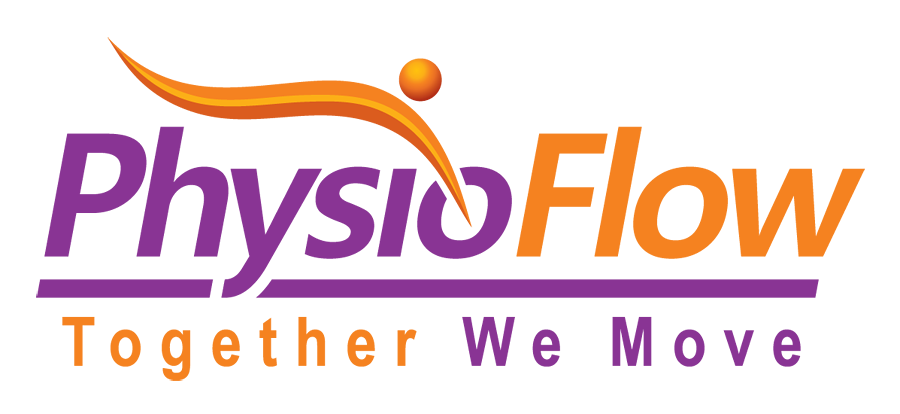TMJ Recovery with Physiotherapy: Treatment and Activities to Avoid
Temporomandibular Joint Disorder (TMJ) is a prevalent condition that can significantly impact the quality of life. Physiotherapy has emerged as a key approach to managing TMJ effectively. This blog post delves into the causes of TMJ, explores how physiotherapy can help, and highlights the most beneficial massages for TMJ relief.
Understanding TMJ and Its Primary Causes
TMJ disorders involve complications in the jaw joint and muscles controlling jaw movement. The main causes include stress, which can lead to teeth grinding, misalignment of teeth or jaw, arthritis affecting the joint, and injuries like whiplash. These factors can disrupt the normal function of the jaw, leading to pain and discomfort.
The Effectiveness of Physiotherapy in Treating TMJ
Physiotherapy stands out as a highly effective treatment for TMJ. It encompasses a variety of techniques designed to strengthen jaw muscles, improve flexibility, and alleviate pain. Key elements of physiotherapy in Thornhill include:
Jaw Exercises: These exercises aim to strengthen the jaw muscles, enhancing flexibility and reducing discomfort.
Manual Therapy: This involves gentle manipulation of the jaw to improve mobility and relieve pain.
Posture Education: Since poor posture can exacerbate TMJ symptoms, physiotherapists often provide guidance on maintaining proper posture.
Stress Management: Techniques to manage stress are crucial, as stress can lead to behaviours like teeth grinding that aggravate TMJ.
Physiotherapists customize these treatments based on individual needs, ensuring a comprehensive approach to managing TMJ.
Selecting the Right Massage for TMJ Relief
Massage therapy plays a vital role in TMJ treatment. The most effective massages for TMJ include myofascial release, which targets the fascia to reduce muscle tension, and trigger point therapy, focusing on specific tender areas to alleviate pain. Additionally, direct jaw muscle massages can significantly reduce stiffness and improve movement in the jaw.
Activities to Avoid When You Have TMJ
Managing TMJ effectively involves being mindful of activities that can exacerbate the condition. Key activities to avoid or modify include:
Chewing Hard or Sticky Foods: These can strain the jaw muscles and joints.
Excessive Jaw Movements: Activities like yelling or singing can overextend the jaw.
Teeth Grinding or Clenching: Often stress-related, these habits can worsen TMJ symptoms.
Poor Posture: Especially neck and head posture, which can strain the jaw and facial muscles.
Using Teeth as Tools: Avoid habits like biting nails or opening packages with your teeth.
Being aware of these activities and consciously avoiding them can significantly aid in TMJ recovery.
Understanding the Treatment Timeline with Physiotherapy
The duration of TMJ recovery varies depending on the severity of the condition and the individual's response to treatment. Generally, with consistent physiotherapy, improvements can be noticed within a few weeks to a few months.
The Role of Patient Participation in TMJ Recovery
Successful TMJ treatment is a collaborative effort between the patient and the physiotherapist. Patients must adhere to the recommended treatment plan and be mindful of their daily activities and habits. This includes avoiding certain foods and activities and practicing stress management techniques.
The Importance of Consistency and Patience in Treatment
Consistency in following the physiotherapy regimen is crucial for recovery. Regular exercises, attending therapy sessions, and following the advice on daily activities and sleep contribute to the effectiveness of the treatment. Patience is also key, as recovery timelines can vary and rushing the process may lead to setbacks.
Best Practices for Sleeping with TMJ
Sleeping positions and practices can impact TMJ symptoms. To minimize discomfort:
Use a Firm Pillow: A firm pillow provides better neck support, reducing strain on the jaw.
Sleep on Your Back: This position prevents putting extra pressure on the jaw.
Avoid Sleeping on Your Stomach: This can place your jaw and neck in a strained position.
Adopting these sleeping practices may contribute to your TMJ recovery process.
Begin Your TMJ Recovery Journey with PhysioFlow Thornhill
TMJ disorders, though challenging, can be effectively managed with a well-rounded approach. Physiotherapy, with its focus on both symptoms and underlying causes, offers a path to relief.
If you're struggling with TMJ, let PhysioFlow be your partner in recovery. Our team of experienced physiotherapists is ready to provide comprehensive care and support every step of the way.
Contact us today and take the first step towards a comfortable and pain-free life.

